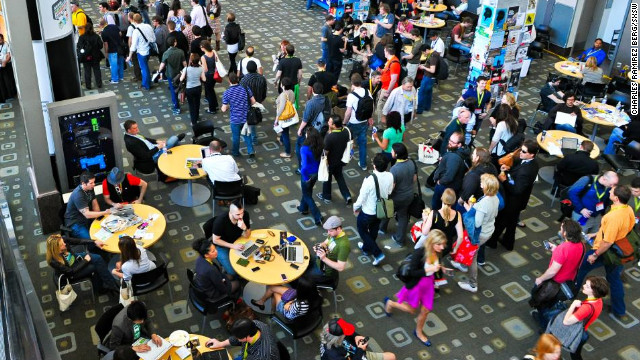
The , launched on 26th November, reveals that 28% of people took more short breaks in 2018 than they did five years ago, giving a strong indication that they prefer to snack on culture and experiences as opposed to feasting on them in one sitting.
This inaugural Short Break Survey, commissioned by Flybe and conducted by OnePoll during summer 2018, surveyed 2,000 people across the UK, with a short break defined as being one to three nights away from home.
It uncovered that the biggest barriers to a ‘traditional’ two-week break include expense (49%), being out of the loop at work/home (14%), having to deal with a full email inbox on return (14%) and missing out on favourite TV programmes (10%).
Conversely, 45% of Britons cited affordability as the main reason for choosing a short break; other reasons included valuing experiences over material goods, making the most of their free time, visiting family and friends and travelling with different groups of people.
The growth in short breaks is driven by younger audiences but for different reasons; 18-24 year olds are reliant on short breaks because they are affordable, 82% of this audience took between one and three short breaks in the last 12 months.
15% of 25-34 year olds went on more than four short breaks; the trend of taking short breaks for stag do’s, hen do’s and weddings is a likely contributor to 40% of this audience taking more short breaks in 2018 than in 2013.
While the ‘where’ and ‘what’ are often thought as the main considerations to travel, the survey revealed that it is rather the ‘who’ that is the most important factor.

Although ‘exploring a new city’ was cited as the number one ideal short break, the top consideration for actually taking a short break in the last 12 months was to visit friends and family.
Top five reasons for taking a Short Break in the last 12 months
1. Visiting friends & relatives
2. Family getaway
3. Romantic celebration
4. Group celebration
5. Participate in an activity
1. Visiting friends & relatives
2. Family getaway
3. Romantic celebration
4. Group celebration
5. Participate in an activity
Top five ideal Short Breaks
6. Exploring a new city
7. Getting away from it all/ great outdoors
8. Visiting friends and relatives
9. Revisiting a favourite childhood place
10. Attending a festival, concert or sporting event
6. Exploring a new city
7. Getting away from it all/ great outdoors
8. Visiting friends and relatives
9. Revisiting a favourite childhood place
10. Attending a festival, concert or sporting event
The importance of travelling companions was reinforced by the top four reasons for taking a short break and sharing it with others was again considered the most important factor to having a good time, followed by destination and experience/activity.
Christine Ourmieres-Widener, Flybe’s Chief Executive Officer, commented: “Our survey uncovered some very interesting customer insight in showing that short breaks reflect the way we live our lives today. They provide flexibility and are cost effective. Flybe, the largest European regional airline, plays a vital role in UK’s transport infrastructure and specialises in connecting people and regional communities with our ‘Close to You’ strapline. This quite simply personifies the findings of the survey as people have overwhelmingly reported they prefer short breaks to connect with family and friends, so they don’t miss out on what’s going on at home for too long. The most important factor to having a good time isn’t the accommodation or the destination, it is the people we are with, and the services and home comforts we want to remain ‘Close To’.”
Tags: Flybe